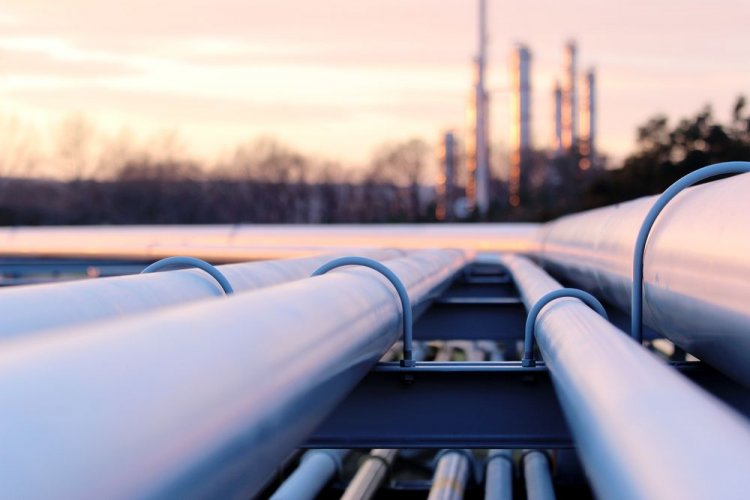Climate ministers from the G7 countries could push for new gas investment despite globally agreed climate change targets.
The draft statement is still at the stage of negotiations among the G7 countries and may change before its adoption, reports Climate Home News.
The meeting will take place on April 15-16 in Sapporo, Japan.
It is noted that the probable investments are necessary against the background of the energy crisis caused by the full-scale Russian invasion of Ukraine.
The article emphasized that Japan considers liquefied natural gas (LNG) as a transition fuel to renewable energy, which may take at least 10-15 years.
It is noted that such investments contradict the estimates of the International Energy Agency. The IEA says that no new investment in fossil fuels can be made unless the world wants to cross the 1.5°C global warming limit.
The report added that the UN's climate expert panel, the IPCC, also said the world must significantly reduce its use of fossil fuels this decade to avoid the most devastating effects of climate change.
Climate Home News highlighted that the G7 had previously pledged to end government support for foreign fossil fuel projects by the end of 2022. However, the draft statement said countries expect demand for LNG to continue to grow in countries that can later replace it with renewables.
The authors added that the document caused a negative reaction from some countries, in particular the EU, which opposed the statement on the growth of demand for LNG.
European countries, which were once the main buyers of Russian gas, are trying to diversify their energy sources, partially replacing it with LNG.
As EcoPolitic previously reported, a new study by the UN Intergovernmental Panel on Climate Change (IPCC) showed that by the early 2030s, the world will exceed the warming limit by 1.5°C, and by 2100 it will reach 3.2°C.





